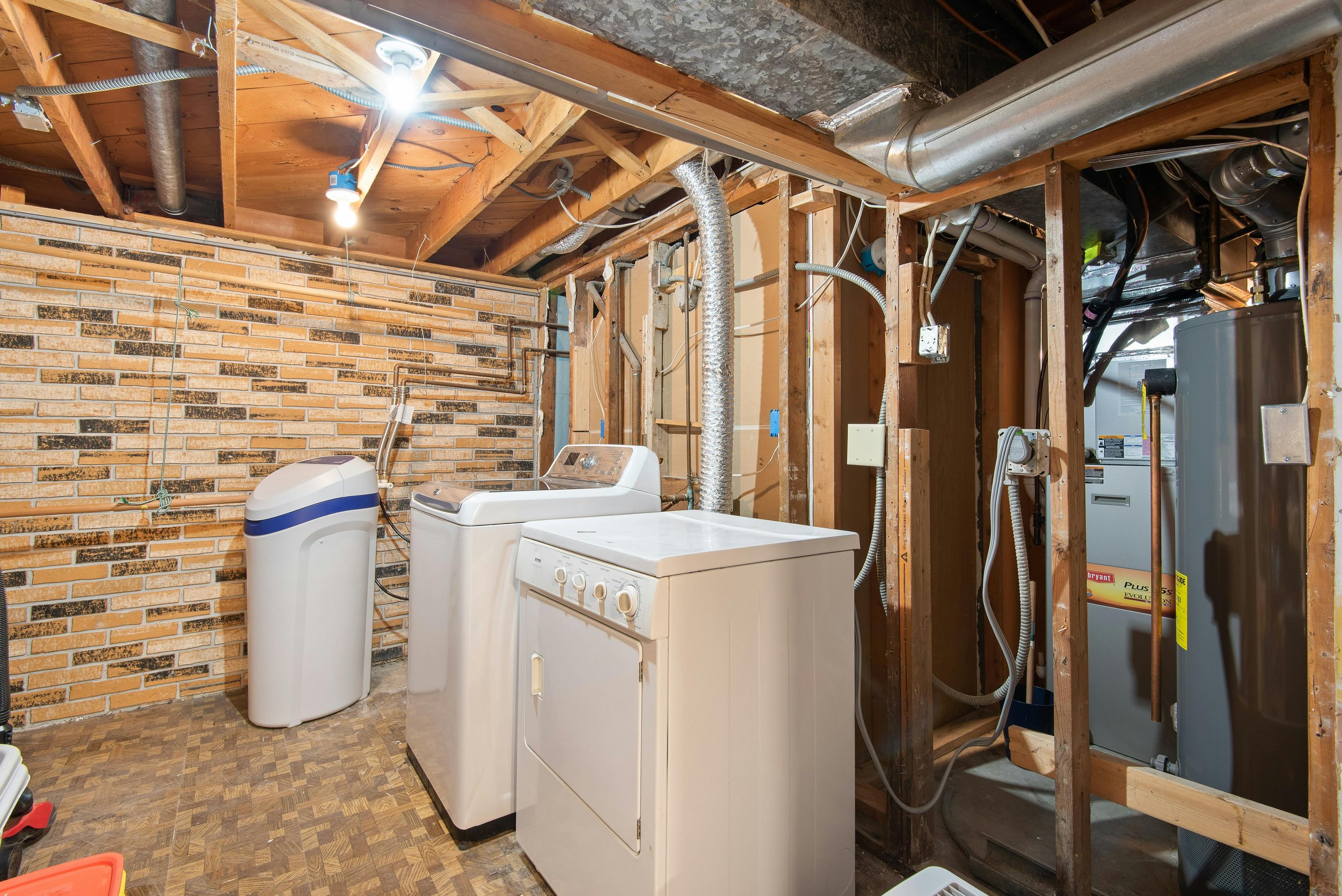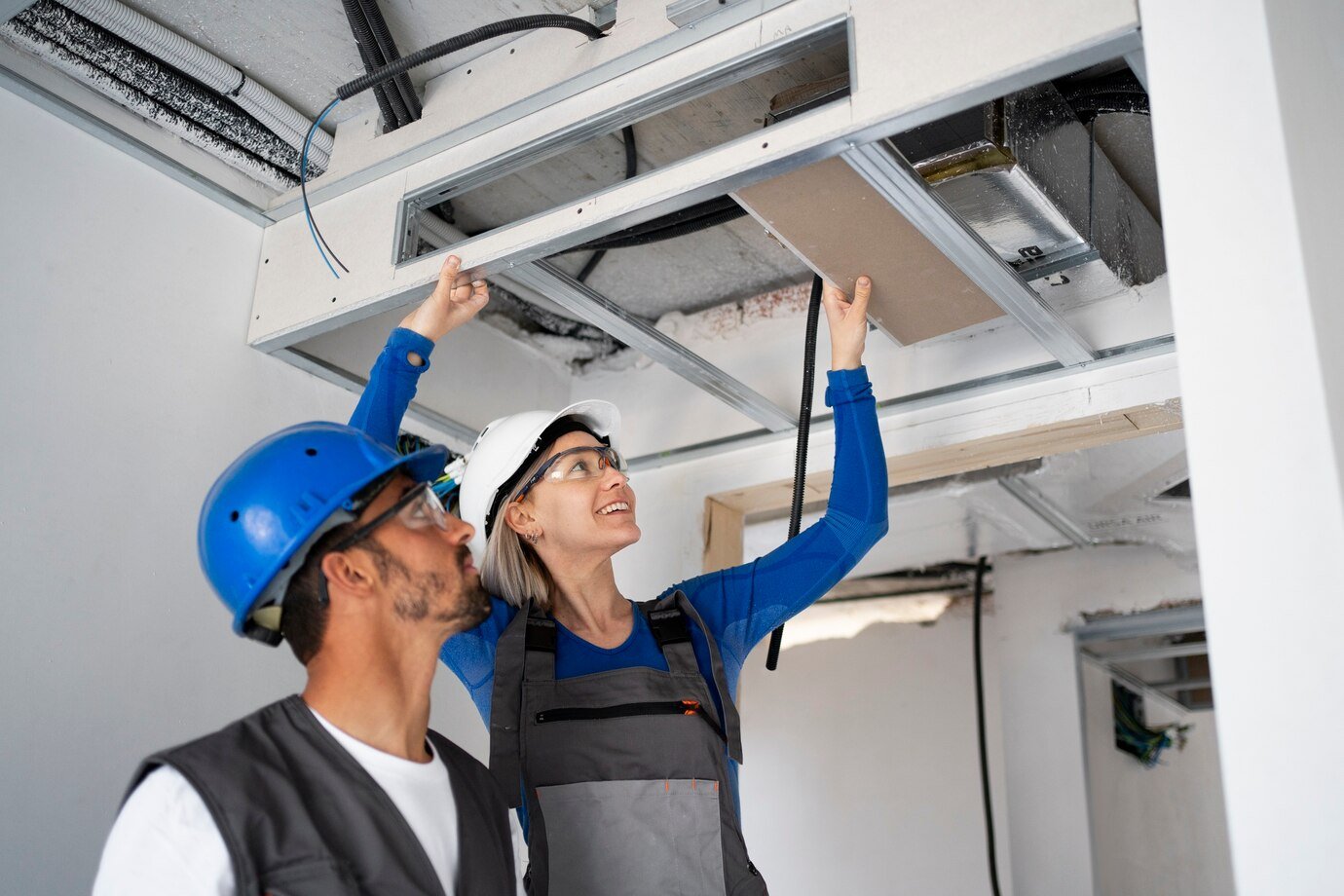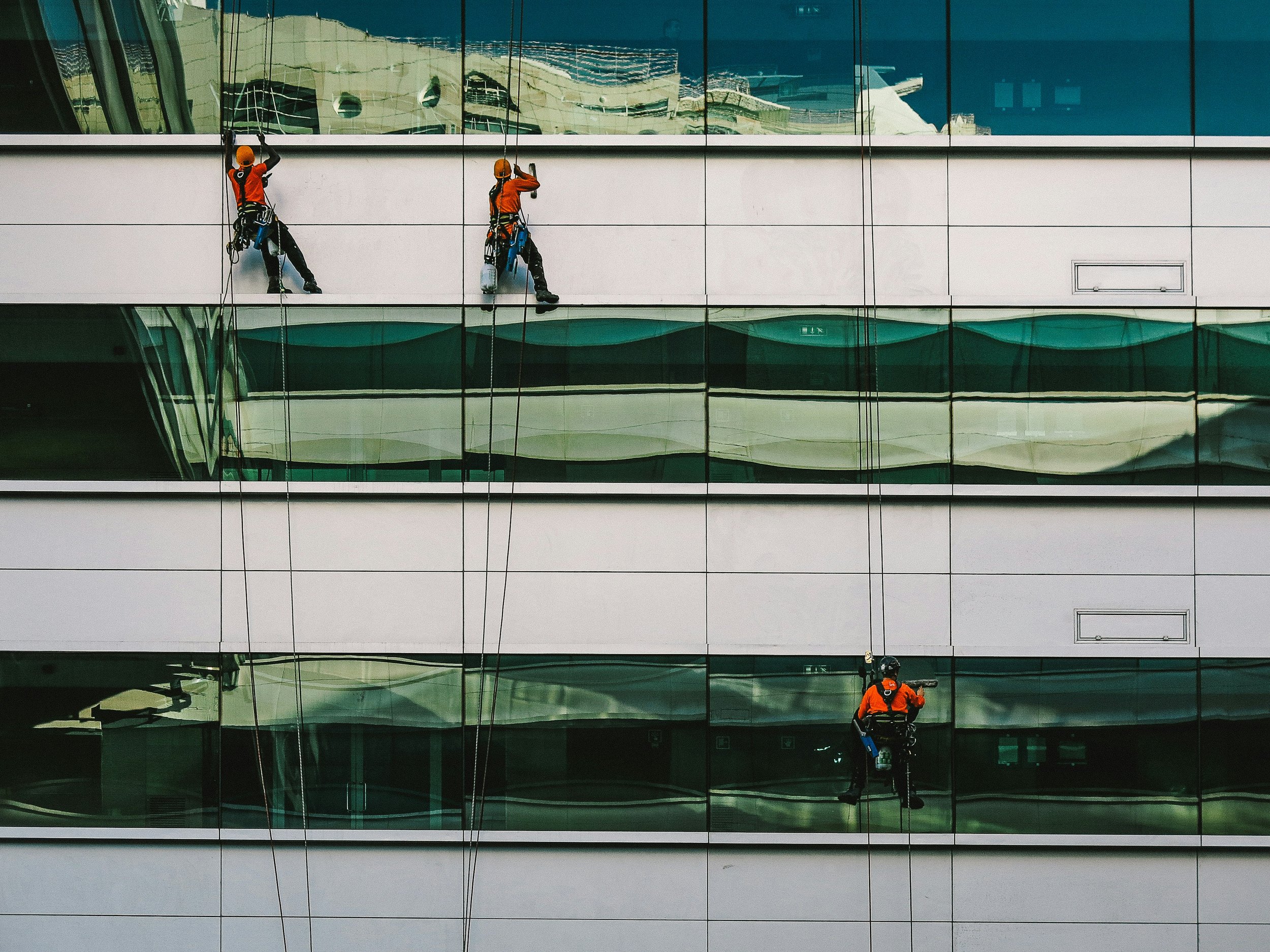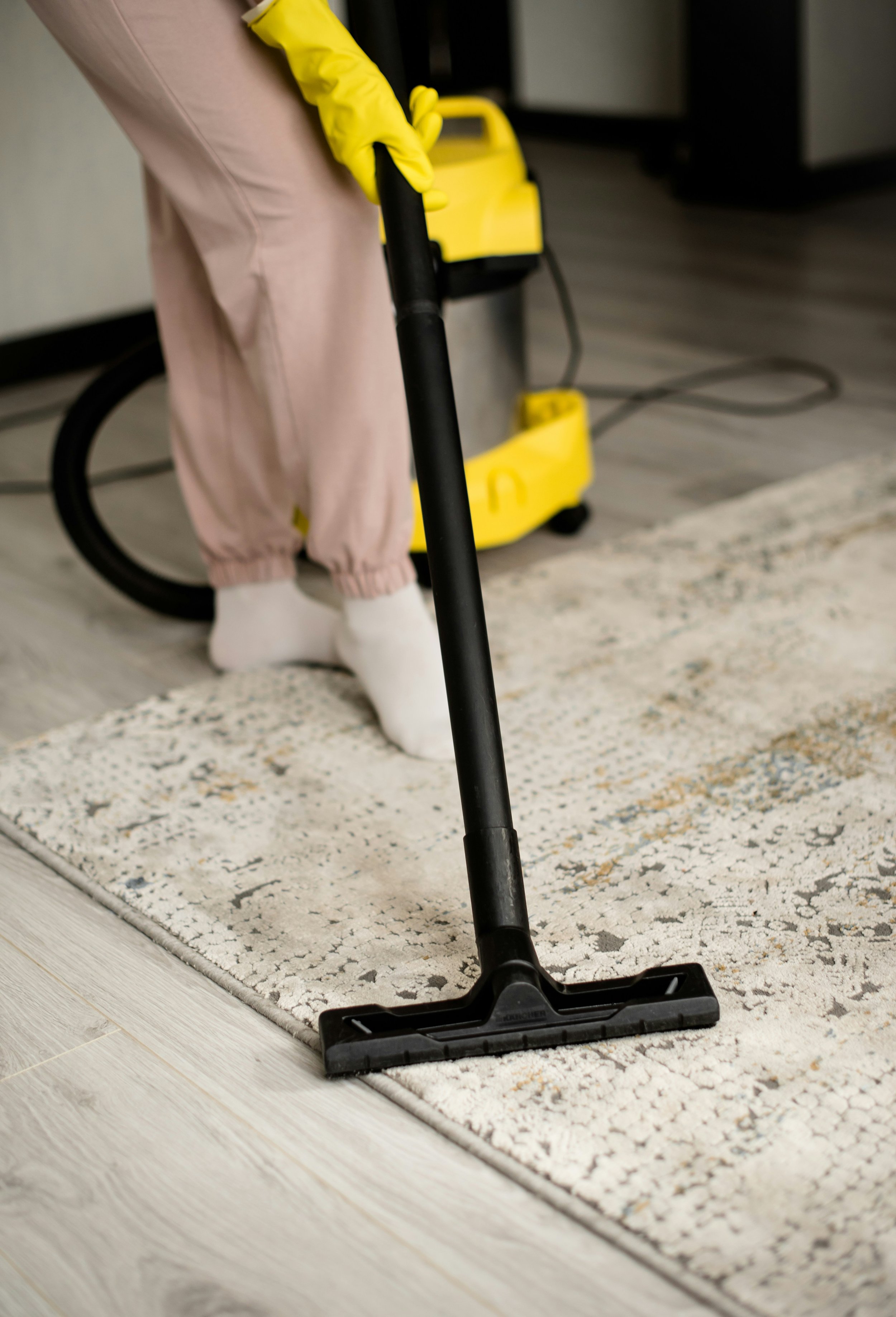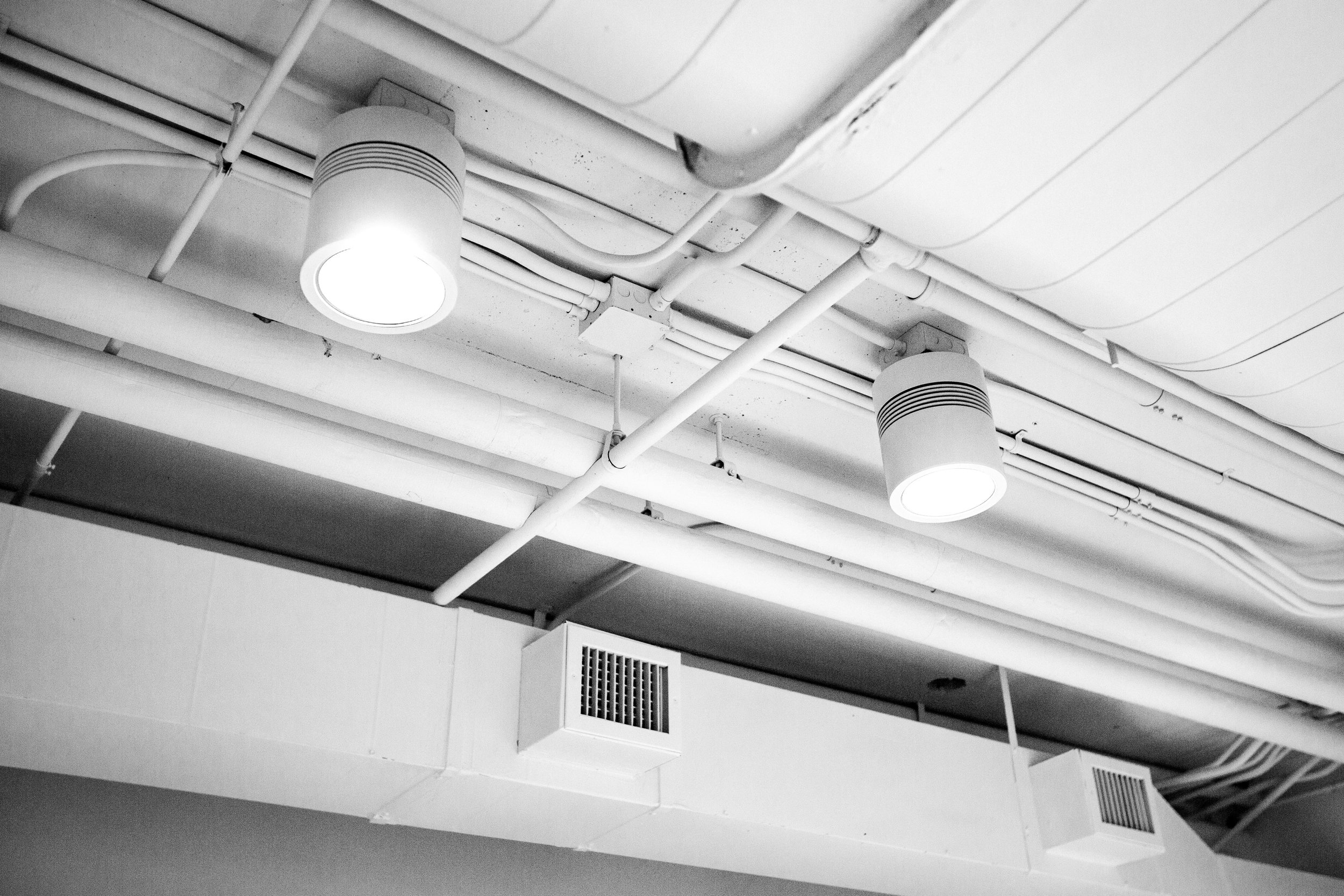Seattle Death Cleanup: Navigating the Process from A to Z
Navigate the sensitive process of death cleanup in Seattle with this comprehensive guide, covering steps, safety, and professional assistance.
Leveraging my expertise as both a writer and an SEO specialist, I’ve realized that dealing with the delicate matter of death cleanup can be every bit as complicated—and critical—as choosing the right hosting platform for a new website. One misstep, and you’re left with a situation that can pose serious hazards to health, safety, and peace of mind. Yet, understanding how to approach a death cleanup can feel like trying to find a needle in a haystack—especially in a major city like Seattle, where regulations, local considerations, and emotional tolls all converge.
I’ve rolled up my sleeves and done the heavy lifting, diving into the critical steps, guidelines, and best practices unique to Seattle death cleanup. Whether you’re a property owner, a concerned neighbor, or someone facing a tragic loss, this guide will help demystify what it takes to safely address a death scene, handle biohazards, and restore a space to its original state—both physically and emotionally.
Table of Contents
Why Is Death Cleanup So Specialized?
Legal and Regulatory Framework in Seattle
Biohazard Risks You Can’t Afford to Ignore
Do I Call the Professionals or DIY?
Choosing the Right Seattle Death Cleanup Service
Practical Tips for Maintaining Safety and Respect
Costs, Insurance, and Other Financial Considerations
Emotional and Mental Health Concerns
After the Cleanup: Steps to Restore Normalcy
1. Why Is Death Cleanup So Specialized?
When it comes to sensitive matters like death cleanup, there’s more at stake than meets the eye—especially in a bustling city like Seattle. In the same way that site speed and uptime are vital in web hosting (because a slow-loading page can sabotage SEO rankings), ignoring the proper procedures in a death cleanup can undermine safety, legal compliance, and emotional well-being.
Potential Hazards: Bacteria, viruses, and other pathogens can thrive in bodily fluids, making death scenes a veritable hotbed for contamination. Cleaning these areas is not as simple as grabbing a mop and a bucket of bleach.
Respect and Compassion: The emotional toll of dealing with a death scene demands a certain level of delicacy. It’s not merely a physical task—it’s also about honoring the deceased and supporting those who are grieving.
Much like choosing a web host with top-tier security features, the intricacies and seriousness of death cleanup demand careful handling and expertise.
2. Legal and Regulatory Framework in Seattle
One reason Seattle death cleanup is so specialized lies in the unique local and state regulations. Just as hosting providers must comply with data center standards and regional laws, professionals in the death cleanup industry must adhere to health codes, state regulations, and licensing requirements.
State Health Codes: The Washington State Department of Health stipulates how biohazardous materials must be handled and disposed of. Violations can lead to hefty fines and even endanger public health.
Permits and Disposal: Hazardous waste disposal is subject to strict guidelines that dictate who can transport and dispose of biohazardous materials. Companies must obtain the right permits to ensure they’re following legal protocols.
Seattle-Specific Mandates: Seattle has additional city ordinances that may come into play, especially around waste management and environmental protections. Failing to comply with these can result in legal complications that no one wants to deal with.
Just like ensuring your servers are in the right geographical location to minimize latency and abide by local laws, Seattle-based death cleanup teams need to comply with all relevant legal frameworks for everyone’s safety.
3. Biohazard Risks You Can’t Afford to Ignore
If you’ve spent any time optimizing a site for SEO, you know how one small oversight (like forgetting a noindex tag on a critical page) can tank your traffic. In the realm of death cleanup, a small oversight can be significantly more dire.
Bloodborne Pathogens: HIV, hepatitis B, and hepatitis C are just the tip of the iceberg. These viruses can survive for hours or even days outside the human body. Improper cleaning of a death scene can pose a real danger to anyone who steps into that environment.
Airborne Risks: Decomposition can release harmful bacteria into the air, which can be dangerous when inhaled. Specialized equipment—respirators, gloves, protective suits—becomes mandatory, not optional.
Structural Damage: When a death goes undiscovered for a prolonged period, fluids may seep into flooring, walls, or furniture. These structural elements need more than just surface-level cleaning; they often require replacement or professional treatment.
Bottom line? Cutting corners isn’t an option. Much like choosing a subpar hosting service would hamper your site’s performance, using unprofessional or DIY methods for death cleanup can compromise health and safety.
4. Do I Call the Professionals or DIY?
DIY approaches might work for painting a room or even setting up a basic website. But Seattle death cleanup isn’t your typical weekend project.
Risk Mitigation: Professionals have the right equipment, cleaning agents, and training to neutralize biohazards effectively. They also reduce the risk of cross-contamination to neighboring areas or even adjacent apartments (quite important in Seattle’s multi-unit dwellings).
Emotional Burden: There’s also the psychological aspect. Handling a death scene can be distressing, especially if the deceased is a family member or friend. Enlisting experts can alleviate some of that emotional toll so you can focus on healing.
Efficiency: Pros can often handle the job faster than a DIY approach, ensuring that the affected property returns to normal use promptly—an important consideration if a landlord or homeowner needs to rent or sell the space.
In short, unless you’re fully prepared (mentally, physically, and legally), calling in a professional service is almost always the recommended route.
5. Choosing the Right Seattle Death Cleanup Service
Just like picking the best SEO-friendly hosting platform, finding the right death cleanup company in Seattle can make all the difference. Here are key points to consider:
Certifications & Training: Reputable companies will hold certifications from organizations like the IICRC (Institute of Inspection, Cleaning and Restoration Certification).
Experience: A company that’s been around the block will be adept at dealing with local regulations, not to mention the intricacies of Seattle’s unique neighborhoods.
Customer Support: In an emergency, having a service that responds quickly—think of WPX’s famed 30-second response—can be crucial. Ask about their average response time and availability.
Discreet Service: Some companies use unmarked vehicles or ensure minimal disruption out of respect for privacy. This can be a major plus, especially in tight-knit Seattle communities.
6. Practical Tips for Maintaining Safety and Respect
When dealing with a death cleanup, maintain a respectful approach for both the deceased and any friends or family who may be present.
Clear the Area: Keep non-essential individuals away to minimize trauma and exposure to hazards.
Protect Yourself: If you must enter the area before professionals arrive, wear basic protective gear—masks, gloves, shoe covers.
Documentation: Take photos only if required for insurance or law enforcement. Otherwise, respect privacy and don’t capture sensitive images.
Follow Instructions: Once the cleanup team arrives, follow their guidelines. They’ve seen it all and know the best way to proceed.
7. Costs, Insurance, and Other Financial Considerations
Just like certain hosting plans can be pricey, the cost of Seattle death cleanup can vary significantly. Factors that influence pricing include:
Complexity: A simple cleanup with minimal biohazard may cost less than a scenario where fluids have seeped into flooring or walls.
Location: Seattle’s cost of living tends to be higher than some other regions, which can reflect in service fees.
Insurance Coverage: In some cases, homeowners’ or property insurance might cover part of the cleanup cost—particularly if the death was the result of a crime or another covered event. It’s always wise to read the fine print and talk to your insurance agent directly.
8. Emotional and Mental Health Concerns
We can talk all day about stats, performance metrics, and compliance, but let’s face it: death is an emotional topic. For those directly impacted by the loss, the psychological weight can be enormous.
Support Systems: Seattle has numerous resources, from crisis lines to counseling services. Don’t hesitate to reach out if you or someone else involved is struggling.
Grief Counseling: Local churches, community centers, and therapists often offer specialized grief counseling.
Time for Healing: Just as SEO improvements don’t happen overnight, healing after a traumatic event is a process. Allow for patience and understanding as you navigate this tough situation.
9. After the Cleanup: Steps to Restore Normalcy
Finally, after the professionals have done their part, you’ll want to make sure the space is fully restored. Here’s how:
Assess the Property: Ensure everything is structurally sound and sanitized. If the scene impacted carpets, flooring, or drywall, consider professional inspections for hidden damage.
Repaint and Refurbish: Depending on the severity, a fresh coat of paint or replacing old furnishings can help people move forward psychologically.
Follow-Up: Keep in contact with the cleanup company in case you have lingering concerns. They may offer additional visits or advice for further decontamination.
Seek Closure: In some cases, performing a small memorial or ceremony after cleanup can help loved ones find closure.
Final Thoughts
Navigating Seattle death cleanup is far more nuanced than one might initially assume—much like diving into the complexities of web hosting and SEO. Yet, with the right knowledge, professional assistance, and emotional support, it’s possible to handle the situation safely, legally, and compassionately. The key is to realize that this process isn’t just about scrubbing surfaces and removing odors; it’s about caring for the mental and emotional well-being of everyone involved.
By approaching the situation with both technical know-how and compassion, you ensure that the space, and the people impacted by the tragedy, can start the journey toward restoration and healing. If there’s one takeaway from my experiences in both SEO and life’s tougher moments, it’s that the right strategy and the right experts can make a seemingly impossible task not only manageable but also respectful and dignified in the process.

